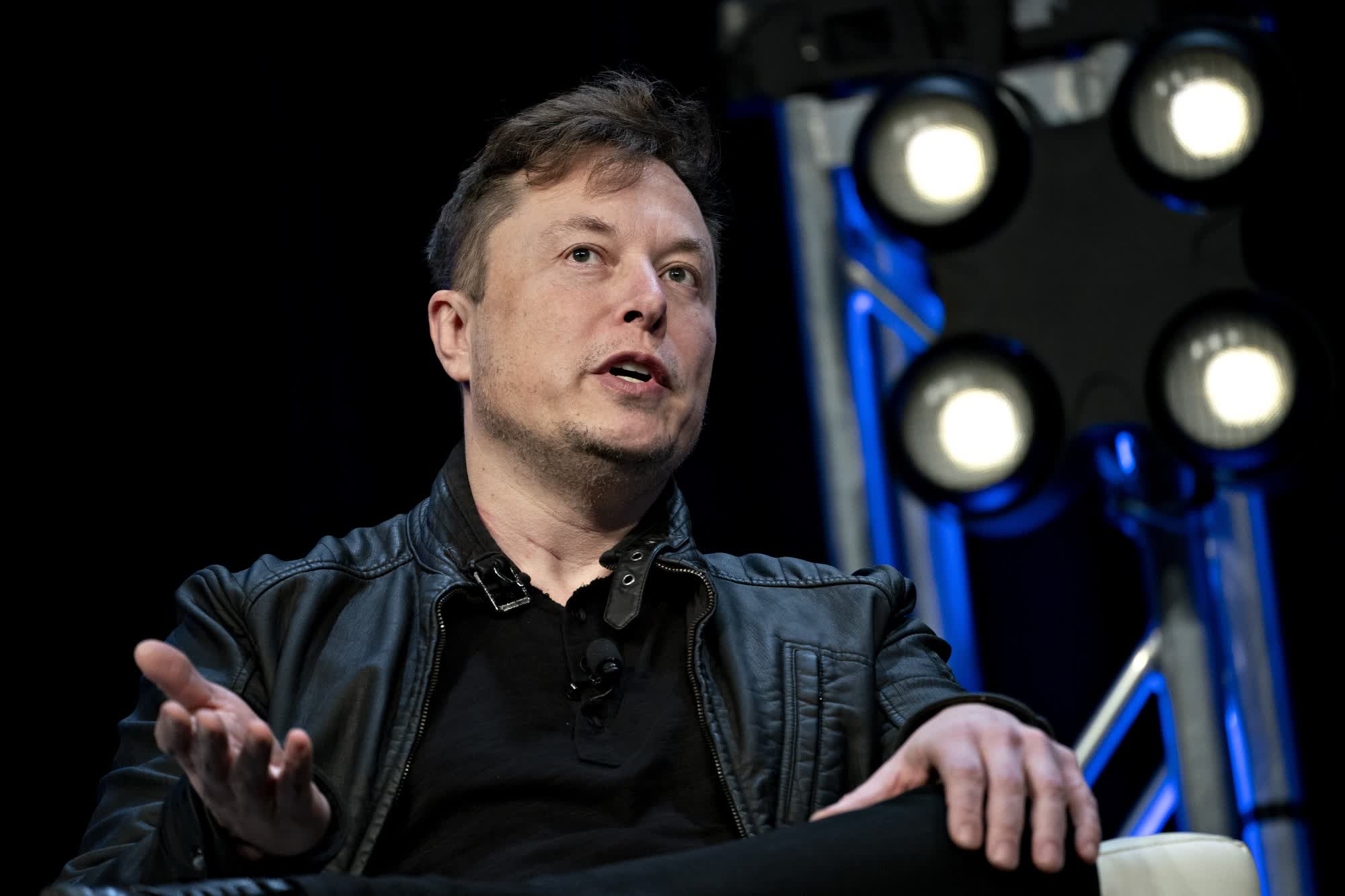A hot potato: Something that Elon Musk's detractors often like to point out is the relatively small amount of tax he's paid in the past. In response, the Tesla boss has announced that he'll pay over $11 billion in taxes this year, more than any American in history.
A ProPublica report back in June found that many billionaires such as Musk and Jeff Bezos pay little to no federal taxes using completely legal means. Musk reportedly avoided paying any federal income tax in 2018 while handing over just $68,000 in 2015 and $65,000 in 2017. And despite his wealth growing by $13.9 billion between 2014 and 2018, he reported $1.52 billion in income and paid $455 million in taxes.
For those wondering, I will pay over $11 billion in taxes this year
--- Elon Musk (@elonmusk) December 20, 2021
Musk's low tax payments have drawn plenty of criticism and were highlighted by many when he became Time's person of the year last week, but he's responded with a tweet that reads, "For those wondering, I will pay over $11 billion in taxes this year."
CNBC last week reported that Musk faces "the single largest tax bill ever," having already paid $7 billion in state and federal taxes so far this year, with a further $5 billion payment arriving by January 1.
And if you opened your eyes for 2 seconds, you would realize I will pay more taxes than any American in history this year
--- Elon Musk (@elonmusk) December 14, 2021
Many billionaires are able to pay comparatively little tax because the government only taxes what it defines as income, so when the value of the stock they hold increases, their wealth isn't taxed. They can then borrow against the stock to pay living expenses. But Musk started selling off his shares last month following the results of a Twitter poll urging him to sell 10% of his Tesla stock.
CNBC did note, however, that Musk may have sold his shares regardless of the poll outcome as 22.8 million shares he was awarded as stock options in 2012 are set to expire in August next year. In order to exercise them, he has to pay income tax on the gain, but waiting until next year would likely mean paying higher tax rates under the Democrats' Build Back Better bill.
